Descartes famously separated body and mind. While our bodies clearly have a gender, some argue that our minds do not. Consciousness is not physical; can the immaterial awareness that makes up the core of our identities, have a gender? writes Olivia Fane.
Here’s a question I’ve been pitting to friends and family this last month: if tomorrow you woke up without a body, would you be able to guess what gender you are?
I’ve been asking it since I listened to a radio program on Radio 4 recently on gender and artists. Female artists earn ten percent of what male artists do, but when potential buyers of a painting were asked to guess the gender of the artist, they confessed they hadn’t a clue. Obviously, some mega injustice is going on here, but also something far more interesting: when we don’t know a person’s gender, it’s well nigh impossible to guess it by the work they do. We can’t tell the gender of a musician, or a composer. Examiners can’t tell the gender of those who submit exam papers, whether in English, science or maths. Would we be able to say of Thatcher, May or now Truss, that it was obvious they had ‘female’ values and went about doing their politics in ‘female’ way? I don’t think we could. So, what makes us think we would guess our own gender? And if we have a stab at it, would we be being sexist?
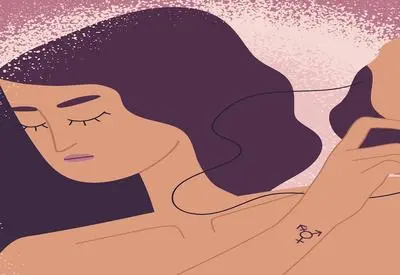 SUGGESTED READING
Does consciousness have a gender?
By Sophie Grace Chappell
SUGGESTED READING
Does consciousness have a gender?
By Sophie Grace Chappell
Of my five grown-up sons, two said they would guess they were male. But when I asked them why, their answers were pretty feeble: one said he felt ‘too driven’ to be a woman; another, because ‘childcare’ drove him practically crazy. But as I pointed out, there are both driven women, and women who aren’t patient with their children. Nonetheless, they had a vague sense of being male, they said. Of my own generation, two politically inclined women thought they would definitely realise their gender, because they would be ‘carrying the weight of history’ with them. This begs another important question, to what extent can one divorce one’s incorporeal spirit from one’s cultural baggage?
___
Would we be able to say of Thatcher, May or now Truss, that it was obvious they had ‘female’ values and went about doing their politics in ‘female’ way?
___
We all of us come from different social backgrounds and have different life experiences: my own was white and privileged. All the women in my family, and we were a close-knit one, were feisty, funny, fit – they played a lot of outdoor sport – and are still alive, taking exotic holidays in their nineties, when Covid doesn’t put a stop to them. My beloved uncles and two grandfathers were grey with exhaustion and all died young of stress-related illnesses. ‘Patriarchy’ was never part of my own experience, therefore, and nor do I imagine it was for most of history, where the men would be press-ganged into fighting wars they didn’t believe in, or sentenced to a life of grinding, agricultural labour.











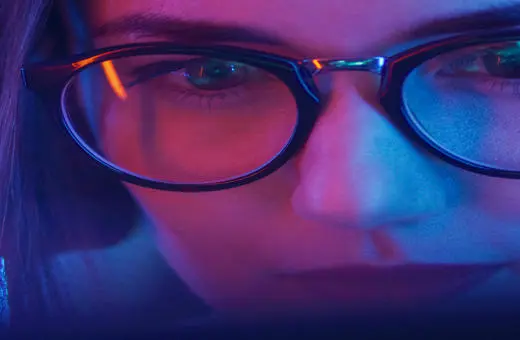
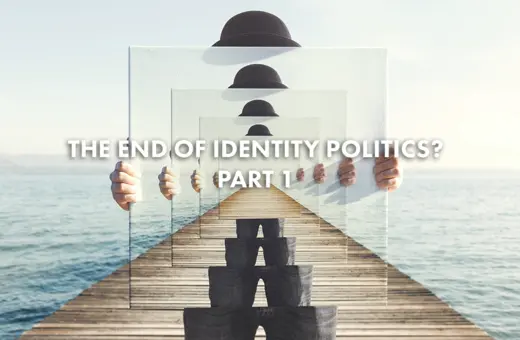
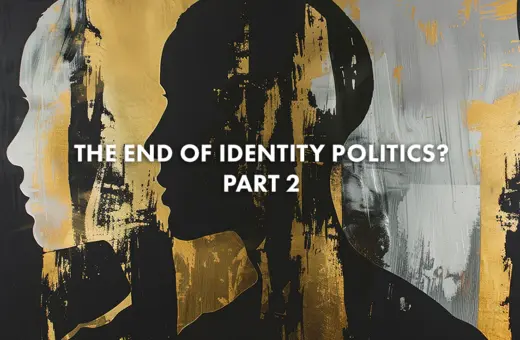
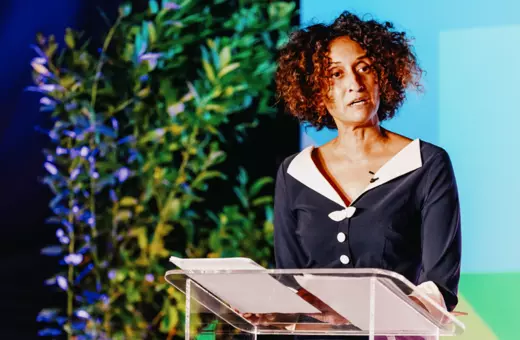
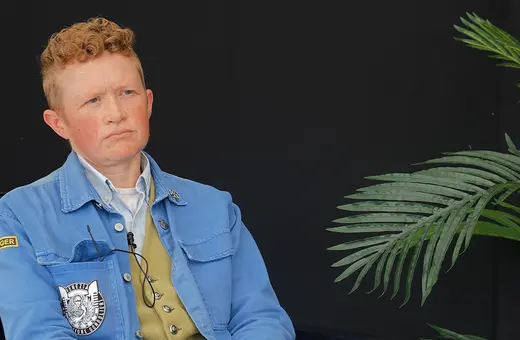
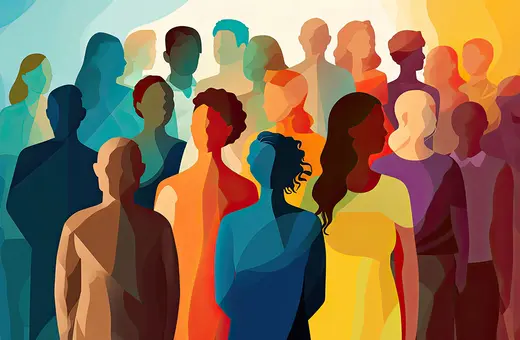
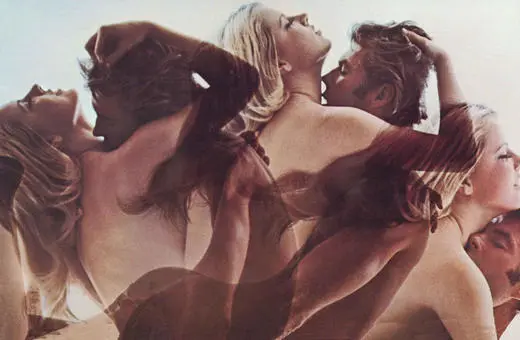



Join the conversation